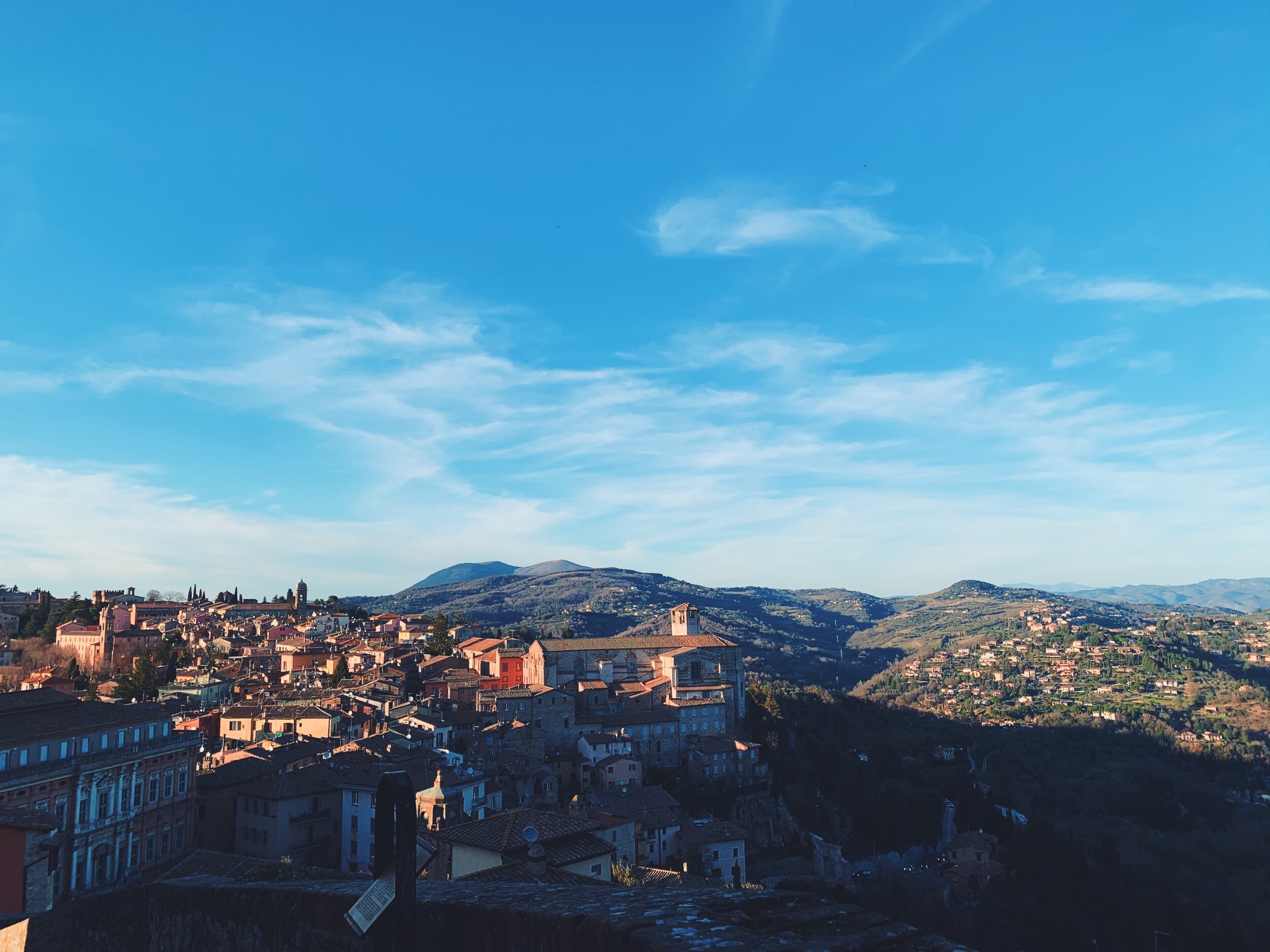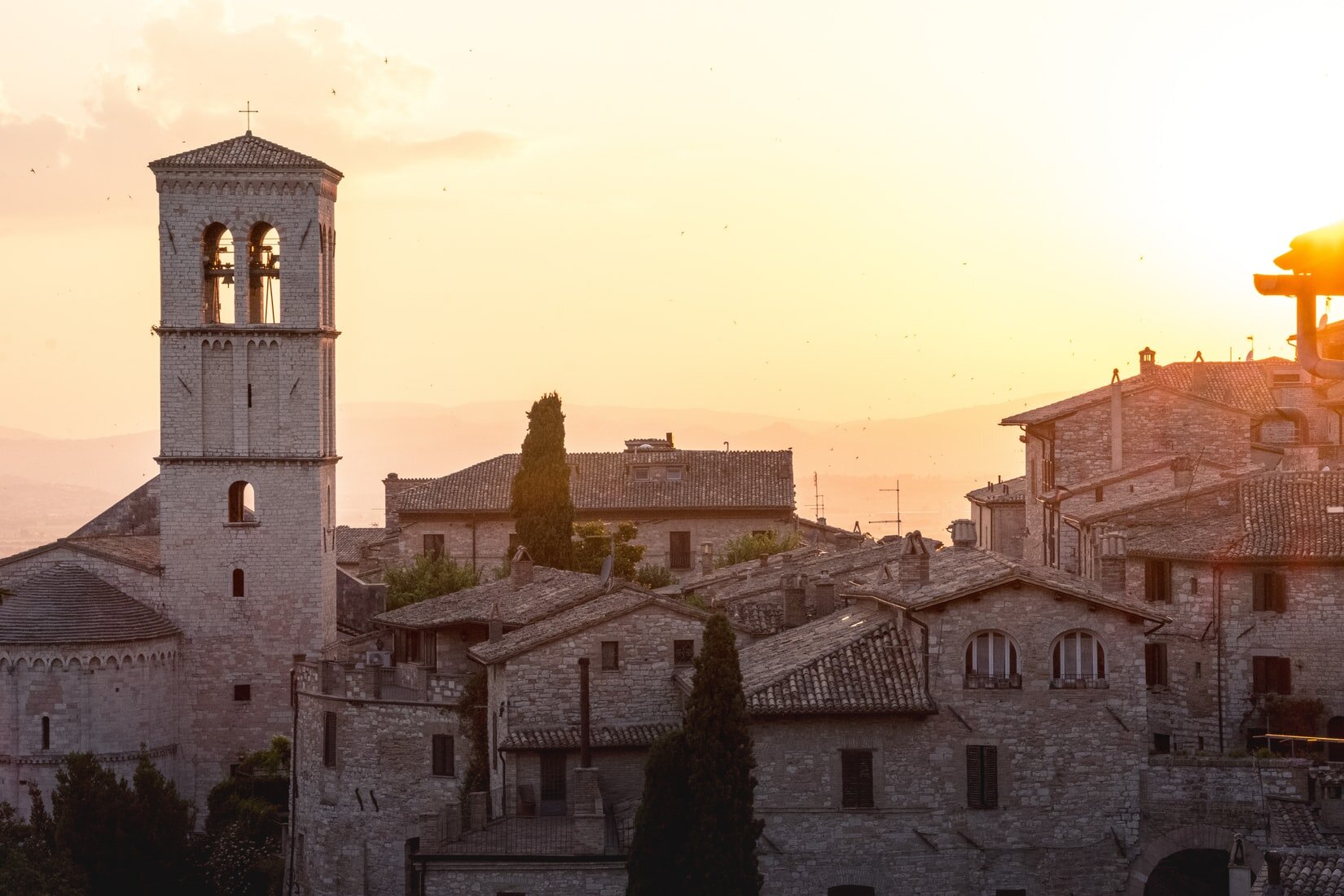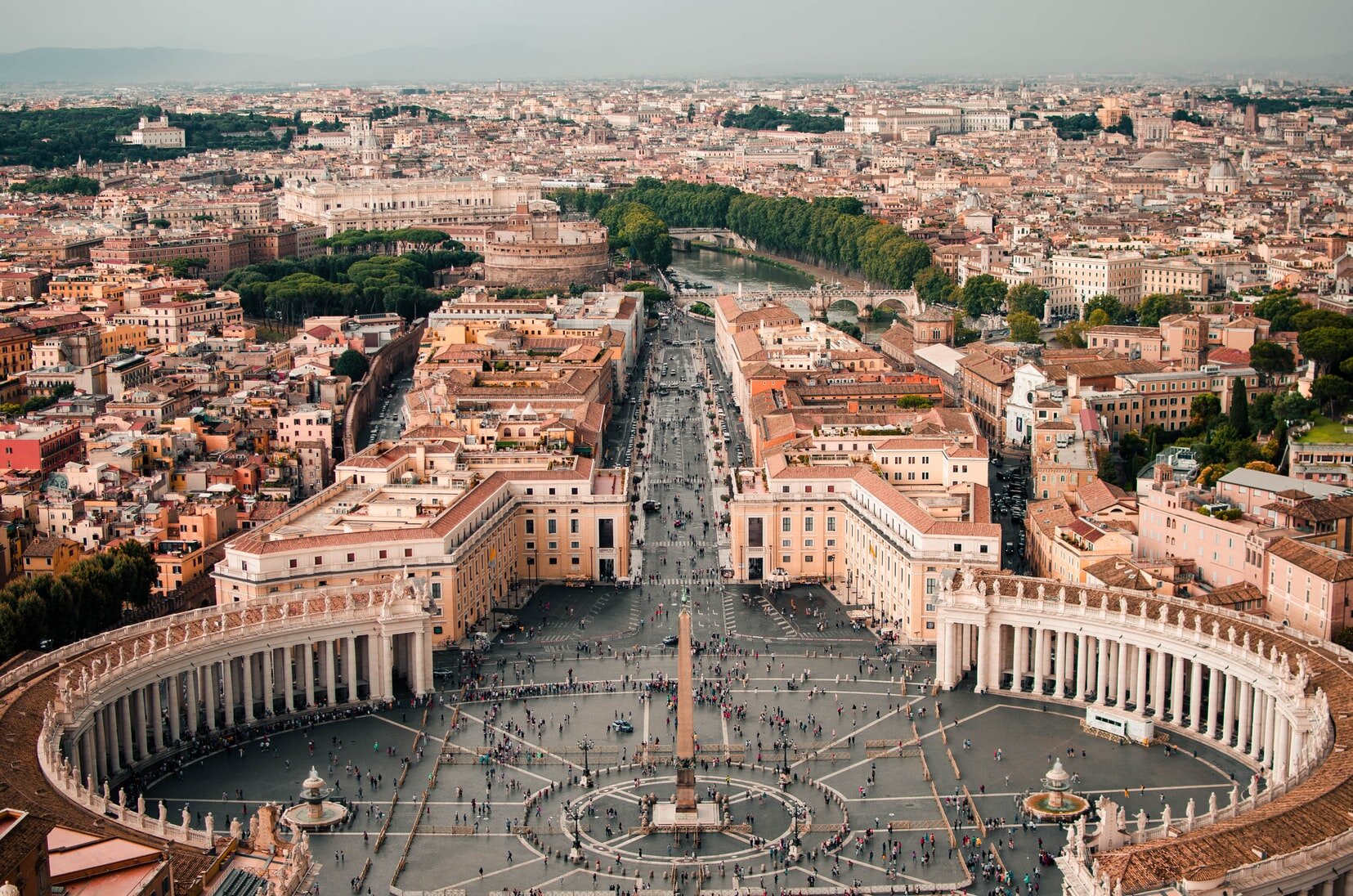
Why Perugia?
The Lord opened a door as a small number of believers asked for assistance in order to organize a Reformed church. However, thinking more clearly and objectively, besides the “Perugian call” (cf. Acts 16:9-10), the region of Umbria is a great mission field where people desperately need the gospel of Jesus Christ.

Where is Perugia?
Perugia is located in the region of Umbria, in central Italy (about 70 miles south of Florence and about 100 miles north of Rome). Umbria counts a little less than one million people and it is one of the smallest regions of Italy. The city of Perugia counts about 170,000 people and around it, there are smaller towns that bring the total population within a diameter of 25 miles to approximately 250,000 persons.

History of Perugia
Being trapped in the middle between Florence and Rome, throughout the centuries, Perugia has been deeply influenced by the papacy. In fact, it is a place that has received very little exposure to the gospel. Sadly, even today Umbria is one of the less evangelized areas of Italy. In the whole region, there are less than a thousand Protestants believers and there are no other confessional Reformed or Presbyterian churches. Umbria is a land steeped in Christian history. St. Benedict of Norcia who is from Perugia wrote the rule that shaped European monasticism. The influence of St. Benedict is still felt today. In fact, recently, the influential writer, Rod Dreher, published a book by the title “The Benedict Option” which tries to retrieve the Benedictine spirituality for a post-Christian world.

Perugia Now
Probably, Umbria – and in particular the City of Assisi - is best known for St. Francis of Assisi. It is interesting to observe that for the first time in history, the present Pope called himself after St. Francis, thus evoking the legendary Saint to give shape and purpose to his work.

Light After Darkness
In spite of the influence of European secularism, Umbria can be still considered a Christian land, and people here are more religious as compared to other areas of Italy. However, the light of the Reformation has been lost over the centuries until recently. One of the great Reformation slogans is Post tenebras lux, which means light after darkness. The Lord has opened doors for the Reformation to begin again in Perugia.
